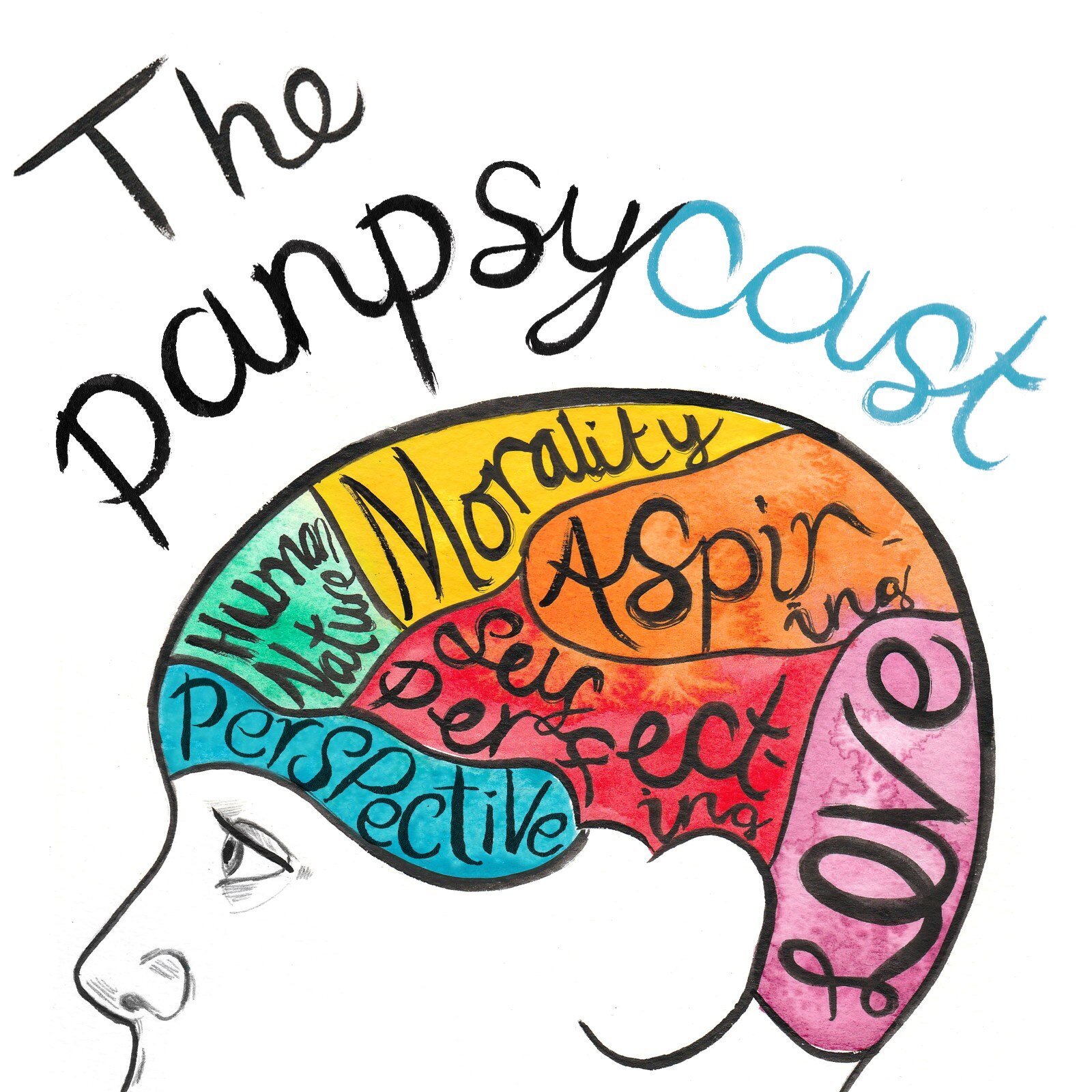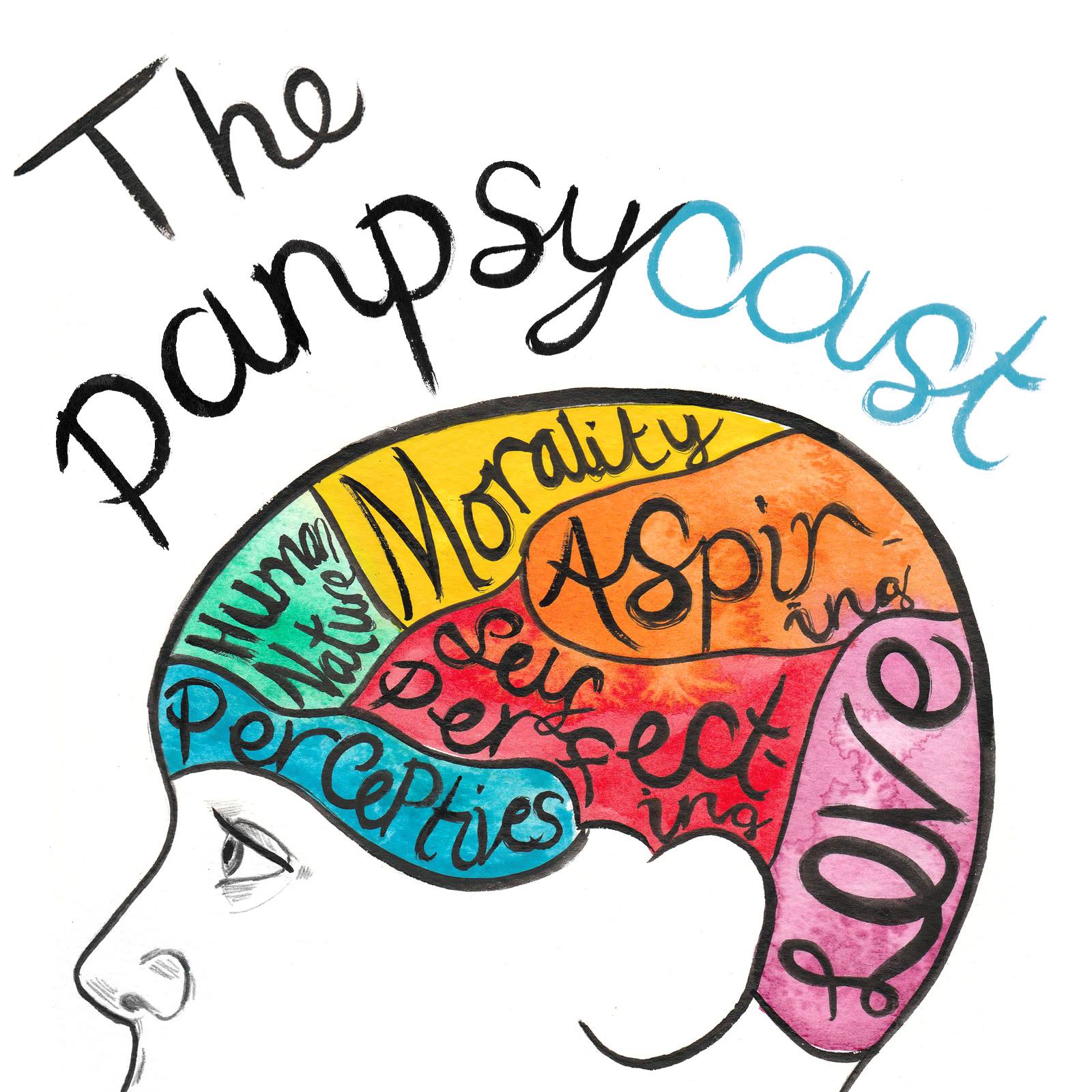Welcome to 'Episode 87 (Part I of IV)’ where we’ll be discussing the life of Kǒng Fūzǐ.
One day when Jack, Olly, and Andy were accompanying Confucius, Confucius said: “Why don’t each of you tell me what you have your mind set on.”
Andy was the first to reply, he said he wanted to be as profitable and the prestigious as the Duke of Zhou. Once he had profit and prestige, he could have all things his heart desired.
Jack, having suspected that Andy had given a poor response, said he wished to cultivate humanness by helping others to help themselves. He wanted to allow others to see how their selfishness prevented them from becoming truly human and from experiencing true joy.
Finally, Olly simply responded that he wished not to make any promises he couldn’t keep but that he hoped to learn from the ancients, respect the roles he had been assigned, and care for his friends and family.
Confucius sat quietly for a moment and then said: “Andy, you have mistaken what made the Duke of Zhou so well pleased. Jack, you have said the right words but for the wrong reason. Olly, you can learn from the ancients but also from your less capable friends, see if you share any of their qualities.”
The file size is large, please be patient whilst the podcast buffers/downloads/steals a sheepContents
Part I. The Life of Confucius
Part II. The Analects
Part III. Practices
Part IV. Further Analysis and Discussion
Links
The Analects (Oxford Classics).
Internet Encyclopedia of Philosophy: Confucius.
Stanford Encyclopedia of Philosophy: Confucius.
Confucius from the Heart, Yu Dan (Pan Macmillan).
The Great Courses, The Analects of Confucius (Audible).
Confucius: A Guide for the Perplexed, Yong Huang (Bloomsbury).
Confucianism: A Very Short Introduction, Daniel Gardner (Oxford).



